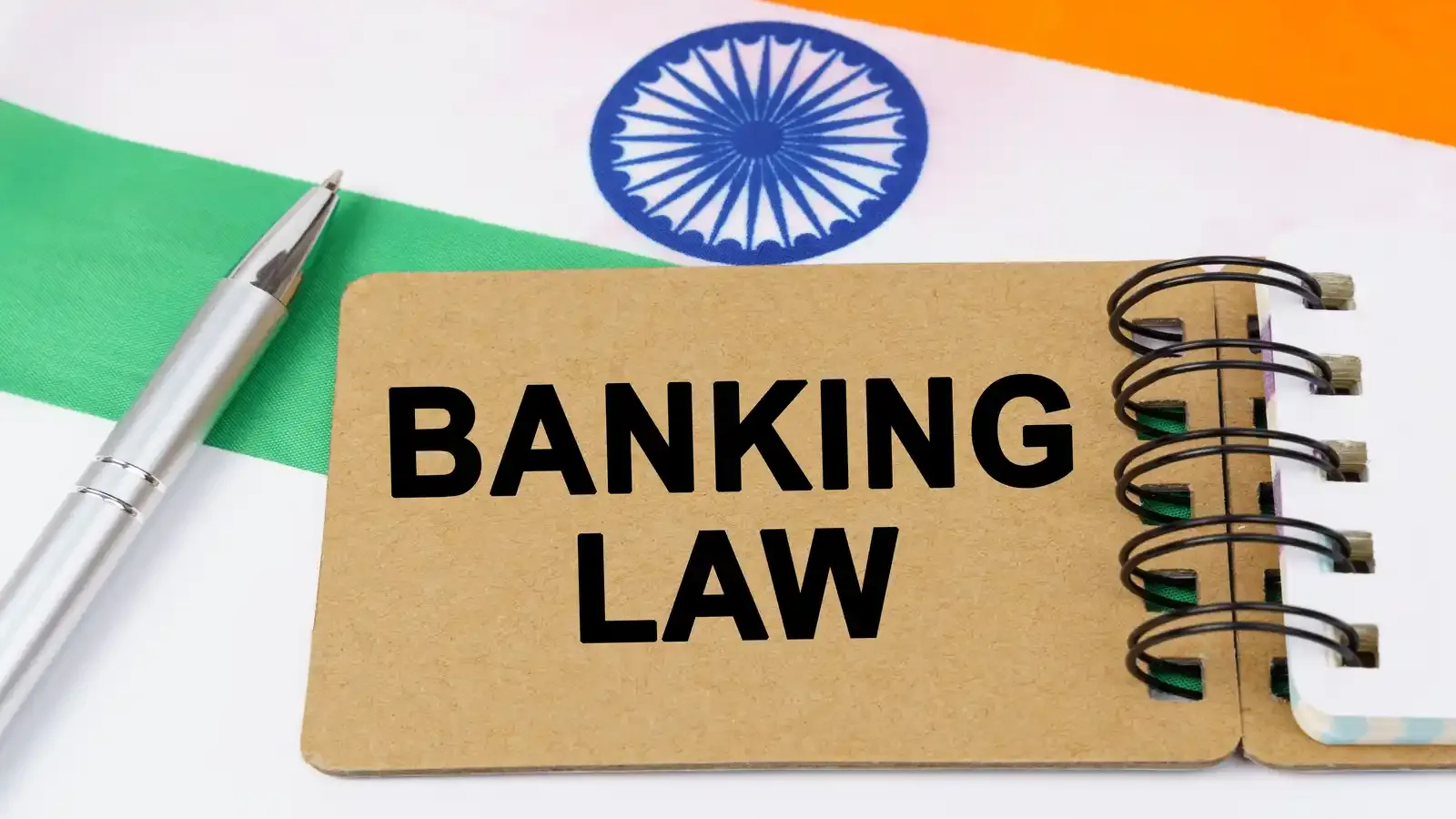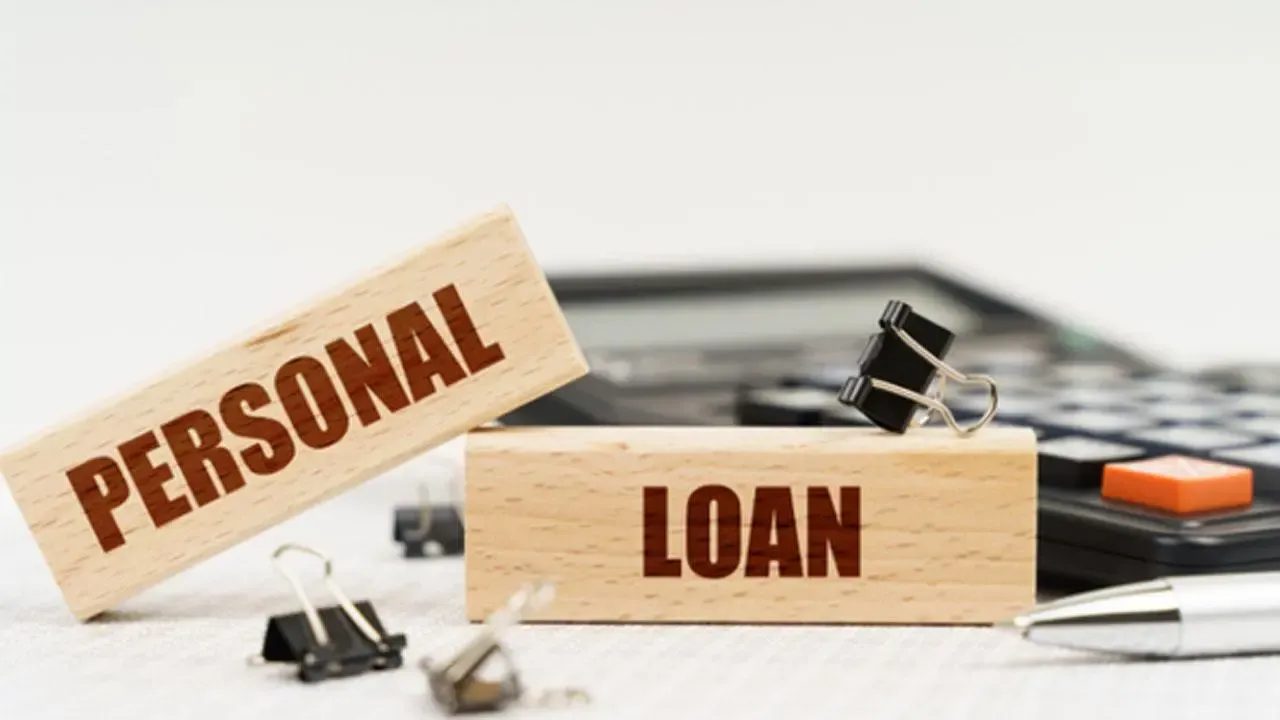How a Personal Loan Can Help You Build Your Credit Score
Written by Mariyam Sara
Published on November 13, 2025 | 3 min read

Unlike traditional loans, when you apply for a personal loan, you’re not expected to place any collateral against your loan. Personal loans are unsecured loans that are granted solely based on the candidate's trustworthiness and creditworthiness.
Your credit score determines your creditworthiness, as it reflects your financial reputation. And it's the first thing a lender checks before approving your loan.
What Is a Credit Score?
Your credit score shows how responsibly you handle credit and whether lenders can trust you to repay the loan. It’s like your financial report card, consisting of your credit history and how well you manage your debt and finances.
If you miss EMIs and struggle to stay within the credit limit, your credit score falls and if you have a good payment history with adequate credit utilisation, your credit score increases.
Before approving any loan, the lenders pull up your credit report to check your creditworthiness. A bad credit score can lead to your loan application being rejected or attract loans with high interest rates.
Factors That Influence Your Credit Score
To increase your credit score, you need to know the factors that affect your credit score and their weightage.
Payment History
Payment history is a crucial part of your credit score and accounts for 35% of your credit score. If you miss a single payment, it’s reflected in your credit history, causing your credit score to fall and attract penalties from lenders.
Credit utilisation
When you get a loan, you cannot use the entire loan amount. You need to keep your balance below the credit limit, which is usually 30-50% of the loan amount. This shows lenders that you are not entirely dependent on debt, thereby increasing your credit score. Credit utilisation makes up 30% of your credit score.
Length of Credit History
Having a lengthy credit history shows lenders that you have experience in managing and consistently paying your EMIs on time. Candidates with short or no credit history struggle to obtain a loan, as lenders prefer candidates with a lengthy credit history. The length of your credit history accounts for 15% of your credit score.
Types and Number of Credit Accounts
Candidates with different types of well-managed debt accounts, like credit cards, personal loans, etc, demonstrate their ability to handle multiple accounts. It also shows that other lenders trust you and may help you negotiate a lower interest rate on the loan.
How Can a Personal Loan Help You Build Your Credit Score?
A personal loan is a credit instrument you can use to increase your credit score if you manage it well.
- Lower Loan Amount
Borrow a smaller loan amount so that it would be easier for you to repay. Since you're using a personal loan to increase your credit score, it is wise to opt for a lower loan amount to avoid spending more than you can repay.
- Stay Below the Credit Limit
Avoid using your personal loan funds too much and keep your credit utilisation below 30%. This will boost your overall credit score.
- Pay Your EMIs on Time
Make sure to pay your EMIs on time and don’t miss any payments. Paying your EMIs on time shows lenders that you can be trusted for paying your instalments consistently.
- Opt for Shorter Loan Tenure
Go for a shorter loan tenure, as this will reduce the interest rate on your loan making it easier to repay your loan and build your credit score.
Common Mistakes to Avoid While Using a Personal Loan to Boost Your Credit Score
When building your credit score, go for a debt instrument with the lowest interest rate and loan amount. This will make it easier for you to build your credit score without further damaging it.
About Author
Mariyam Sara
Sub-Editor
holds an MBA in Finance and is a true Finance Fanatic. She writes extensively on all things finance whether it’s stock trading, personal finance, or insurance, chances are she’s covered it. When she’s not writing, she’s busy pursuing NISM certifications, experimenting with new baking recipes.
Read more from MariyamUpstox is a leading Indian financial services company that offers online trading and investment services in stocks, commodities, currencies, mutual funds, and more. Founded in 2009 and headquartered in Mumbai, Upstox is backed by prominent investors including Ratan Tata, Tiger Global, and Kalaari Capital. It operates under RKSV Securities and is registered with SEBI, NSE, BSE, and other regulatory bodies, ensuring secure and compliant trading experiences.
























